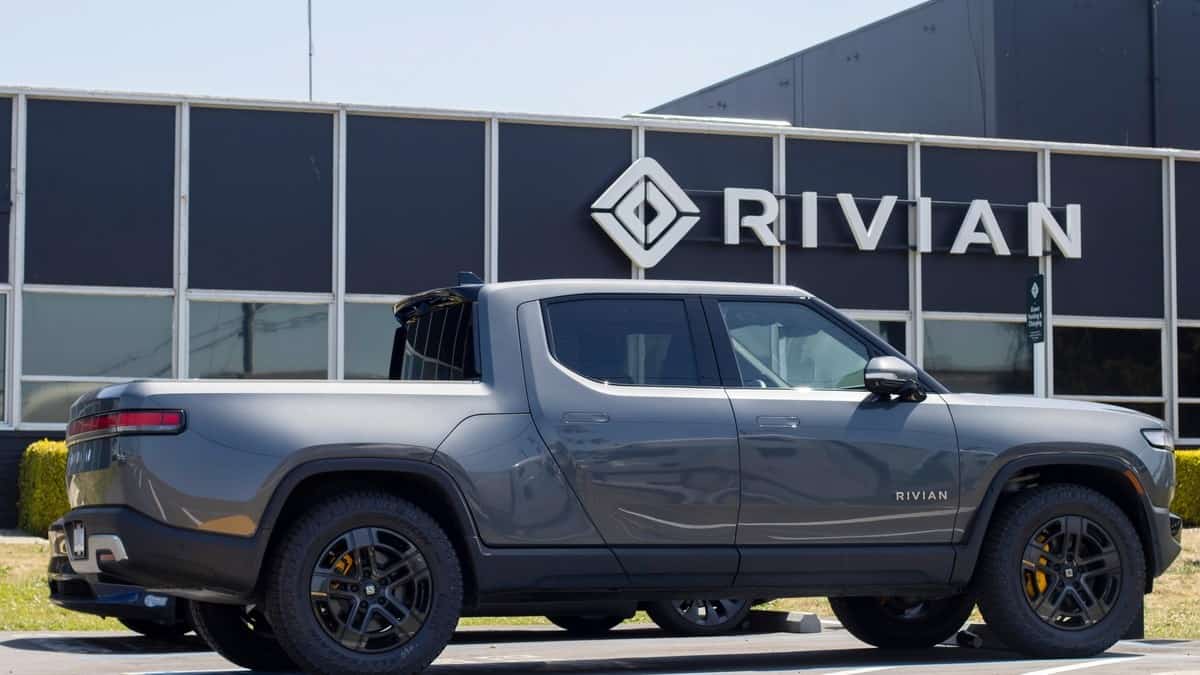Rivian Automotive delivered intriguing news on December 12 about halting the joint venture it had with Mercedes-Benz to produce electric vans in Europe, according to Business Wire.
What was the MoU all about?
The supposed-to-be partners will no longer push for its Memorandum of Understanding, signed in September 2022. Rivian and Mercedes-Benz agreed to invest and operate the latter’s plant in Jawor, Poland and build medium to large electric vans that were slated to be launched in 2025.
Reasons for aborting the MoU
The American automaker claimed that it would concentrate on its consumer and existing commercial business as it strives towards becoming cash flow profitable in its US activities. In fact, Rivian reported a $1.6 billion loss in Q3 2022 due to the increasing cost of raw materials.
“We’ve decided to pause discussions with Mercedes-Benz Vans regarding the Memorandum of Understanding we signed earlier this year for joint production of electric vans in Europe. As we evaluate growth opportunities, we pursue the best risk-adjusted returns on our capital investments. At this point in time, we believe focusing on our consumer business, as well as our existing commercial business, represent the most attractive near-term opportunities to maximize value for Rivian. We share the same goal as Mercedes-Benz Vans, to help the world transition to electric vehicles, and we look forward to exploring opportunities with them at a more appropriate time for Rivian.”
Rivian CEO RJ Scaringe
Nonetheless, Mercedes-Benz Vans asserts that the production of electric vehicles at its new facility in Jawor, Poland, is unharmed. Additionally, its electrification plan is still being implemented at the same rate.
“Our collaboration with the Rivian team has been based on a common engineering passion and a strong spirit of partnership. That’s why I respect and understand the decision of Rivian to prioritize the delivery of their consumer business and existing commercial business in the near-term. While the timeline for our common European production joint venture is now on hold, the pace of our own electrification strategy at Mercedes-Benz Vans remains unchanged. The ramp-up plan for our new EV manufacturing site in Jawor, Poland is not affected. We will continue with full speed and determination to scale up electric vehicle production in our first dedicated electric van plant – designed for maximum flexibility and productivity. Exploring strategic opportunities with the team at Rivian in the future remains an option, as we share the same strategic ambition: accelerating the EV adoption with benchmark products for our customers.”
Mercedes-Benz Vans’ Head Mathias Geisen
Rivian is one of many companies attempting to capitalize on the demand for commercial electric vans while facing competition from reputable automakers such as Ford and General Motors. Apart from that, the EV startup was also affected by global supply-chain disruptions.

